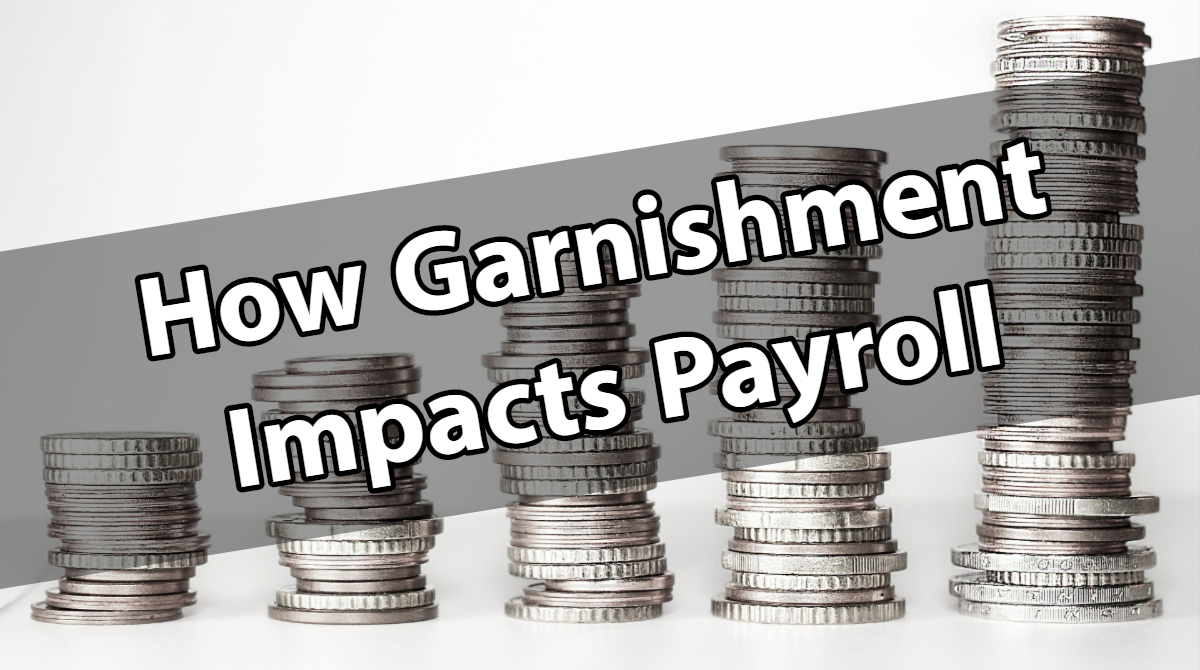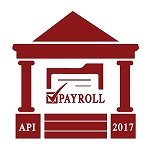How Garnishment Impacts Payroll

What is Wage Garnishment?
Wage garnishment describes the situation where a portion of an employee’s pay is withheld to repay a debt. It’s commonly seen in issues like unpaid child support or taxes. The amount garnished is dependent on what the court deems to be the individual’s disposable income, meaning the money left over after certain legal deductions (like food and a place to live) are taken. Limits exist citing how much money can be garnished each week from an employee’s check. As an employer, it’s important to note that there are legal protections in place surrounding garnishment. It’s illegal to fire an employee just because a wage garnishment has been ordered, despite the fact that it will require time and participation on your part to ensure compliance.
Situations That Qualify for Wage Garnishment
Recent research shows that 7% of Americans are subject to wage garnishment each year. Other than unpaid child support or taxes, there are several instances where the court may order for debts to be repaid through wage garnishment. If an employee was overpaid by Social Security or unemployment in the past, their current wages may be garnished to make up the difference. Student loan debt and credit card debt may also be collected through garnishment. Alimony, medical bills and personal bankruptcy are additional situations that could justify the garnishment of wages. Employers should stay up-to-date on the regulations surrounding garnishment in case it comes up with an employee.
How to Handle a Garnishment Order
If you’re a small business owner, wage garnishment may be something you’ve never had to deal with before. It’s important to educate yourself on this topic to make sure you are acting in accordance with the law. Employers will need to fill out certain forms and submit garnishment in specific ways outlined by the order. Not complying could mean legal ramifications for both the employer and the employee. Different states have different laws, so if you’re operating across state lines you must be especially mindful of the specific rules for your jurisdiction. Prepare your business for potential garnishment orders by putting a payroll procedure in place in advance. Employers are usually required to notify the employee in writing of the garnishment and submit forms to comply with the order. If you’re not sure how to respond or collect, make sure you contact the creditor or the court for clarification and guidance. Ignoring a garnishment order or informally addressing it with the employee is not sufficient to protect your business.
Contact our Payroll Specialists
Here at Alron Payroll, Inc., a subsidiary of Alron Enterprises, Inc., we are committed to providing exceptional service to meet all of your payroll and tax remittance needs. If you have further questions on payroll, simply contact us, and we’d be happy to discuss them and provide you with the information you need. You can always trust our payroll specialists to go above and beyond in providing superior services and customer care. Don’t hesitate to contact us today. We look forward to working with you!
